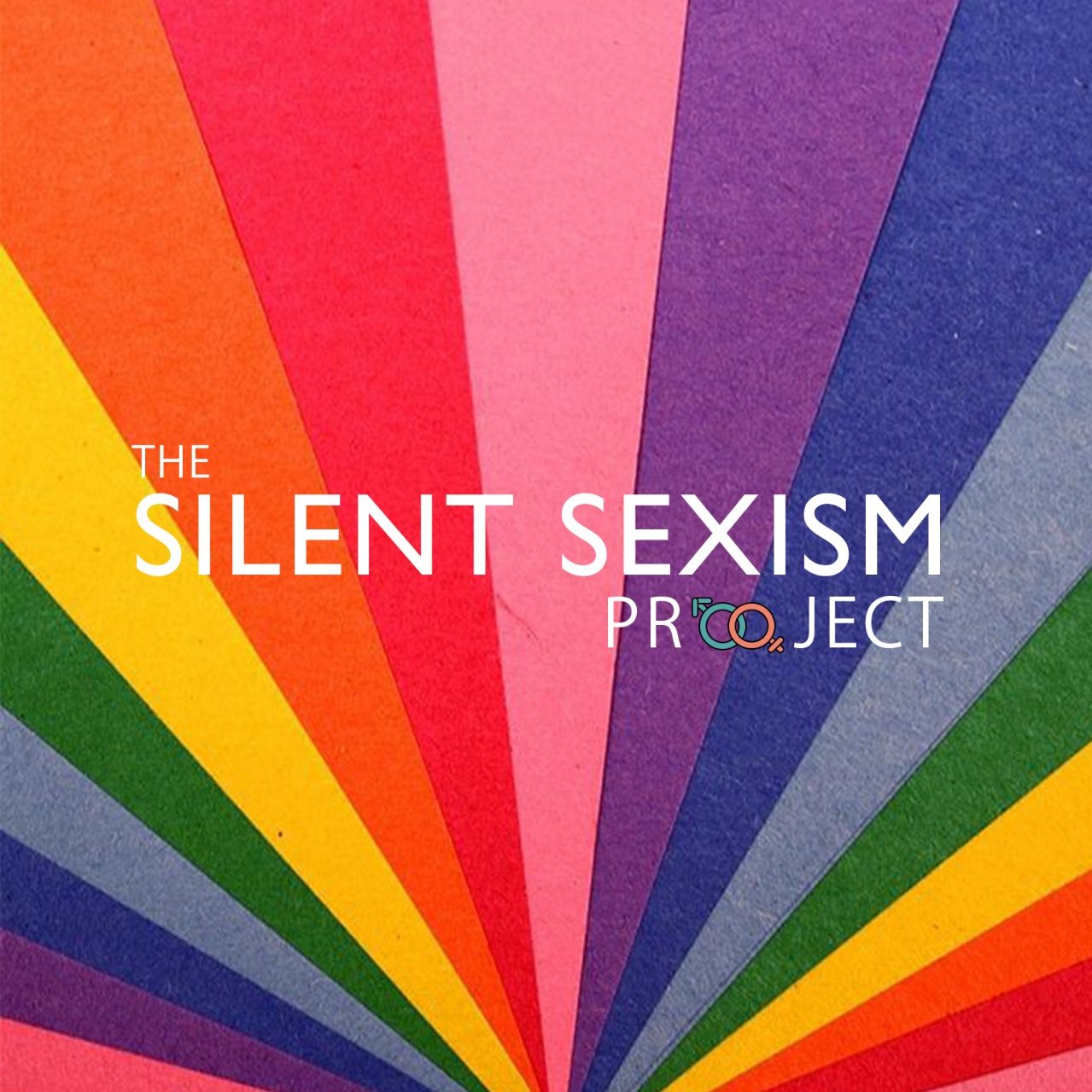WRITTEN BY: POORVI SHRIYAN
EDITED BY: DARSHNA GUPTA
TRIGGER WARNING: AN HONEST ATTEMPT TO COUNTER ONLINE ABUSE/ HATE SPEECH
We live in a digital world now. The invention of the internet has drastically changed how we communicate with one another. It has impacted our opinions, ideologies, and the way we look at the world. Social Media in particular has revolutionized over the last decade. In a world that has brought people spread all over the globe closer, there’s an unescapable dark side to it too. The easy accessibility has given people the opportunity to hide behind these screens and speak their minds. We are stuck in a rigid dichotomy between being morally woke and being a bully. Social media as a platform has allowed millions to voice their opinion. On the flip side of the coin, it has also given them a platform to bully, abuse, and threaten people. Twitter and Instagram are prominent examples of these.
Right from an individual’s political ideologies, sexual preference, or even their taste in music and cinema, every aspect of your life has to deal with the hate, abuse, and untasteful humour on social media. Disability too has to bear the brunt for this. People with disabilities already have to deal with ignorance, unfair treatment, and unsympathetic comments in their day to day life. And Social media does not make it any easier for them.
Social media has replaced news portals and even academic textbooks to an extent. You have an entire generation whose source of news is Twitter and Instagram these days. And misrepresentation of disability on such platforms has an impact on how people look, think, or even treat people with disabilities. People with disabilities are then prone to exploitation and abuse online. And with the rise of social media, it would only lead to an increase in their vulnerability and ill-treatment in real life. The lack of awareness regarding disability has resulted in the rise of abuse against people with disabilities. A good example of this is the following meme. People ignore how people with disabilities are seen playing instruments that able-bodied people play, and in return are used to mock them. It’s usually memes like these that encourage able-bodied people to joke about disability as a whole.
At a time where awareness regarding disability is what we need, we are presented with mockery, false information, and generalization. Social media provides an individual with a mask to hide behind. This gives them a free pass to behave or say things unapologetically. You have meme page accounts that ridicule disability and treats it as an object of laughter. You have people bullying, calling names, and hating people with disabilities online. A picture of a woman trying to fetch a liquor bottle from the store is one such example. The caption calling it a “miracle” has been a reason to gather laughs. This also led to numerous comments about how people with disabilities “fake” it.
People have a certain perception of those who use a wheelchair and they expect them to behave or act a certain way. There is a clear absence of an understanding that most people who use a wheelchair can stand or walk small distances. And, this is an example of the lack of disability knowledge.
As columnist Frances Ryan rightfully said,
“Human beings abusing one another is hardly a new phenomenon, but we are living in an era in which toxic rhetoric, thanks to social media, proliferates more quickly than ever. Whether it’s abuse against disabled people or another target, the need to tackle online hate is all too real..”
Frances Ryan
It’s high time we realize the impact online abuse has on disabled people and mindfully start working on a way to find a way to put an end to this.
Further Recommended Reading:
- Frances Ryan, Online abuse of disabled people is getting worse – when will it be taken seriously?, GUARDIAN: OPINION, Access At: https://www.theguardian.com/commentisfree/2019/may/10/online-abuse-disabled-people-social-media.
- Caleb Spencer, Disability hate crime: Rise in reports of online abuse, BBC NEWS, October 08th 2020, Access At: https://www.bbc.com/news/uk-wales-54433753.
- Being disabled online, Online abuse and the experience of disabled people Contents, UK GOVERNMENT: PUBLICATIONS AND RECORDS, Access At: https://publications.parliament.uk/pa/cm201719/cmselect/cmpetitions/759/75905.htm
